I first met Ben Wallace in early 1999.
He was then a youthful and jolly former captain in the Scots Guards who, having just left the army, had decided to try his luck in politics.
I remember he picked me up for lunch in a creaking Land Rover which belonged to his parents. The car, coupled with his clipped accent, told me he was probably from a posh-ish though not rich family.
Over the next few hours, we talked about his experiences at Sandhurst, his service in Northern Ireland, and his candidacy for the new Scottish Parliament.
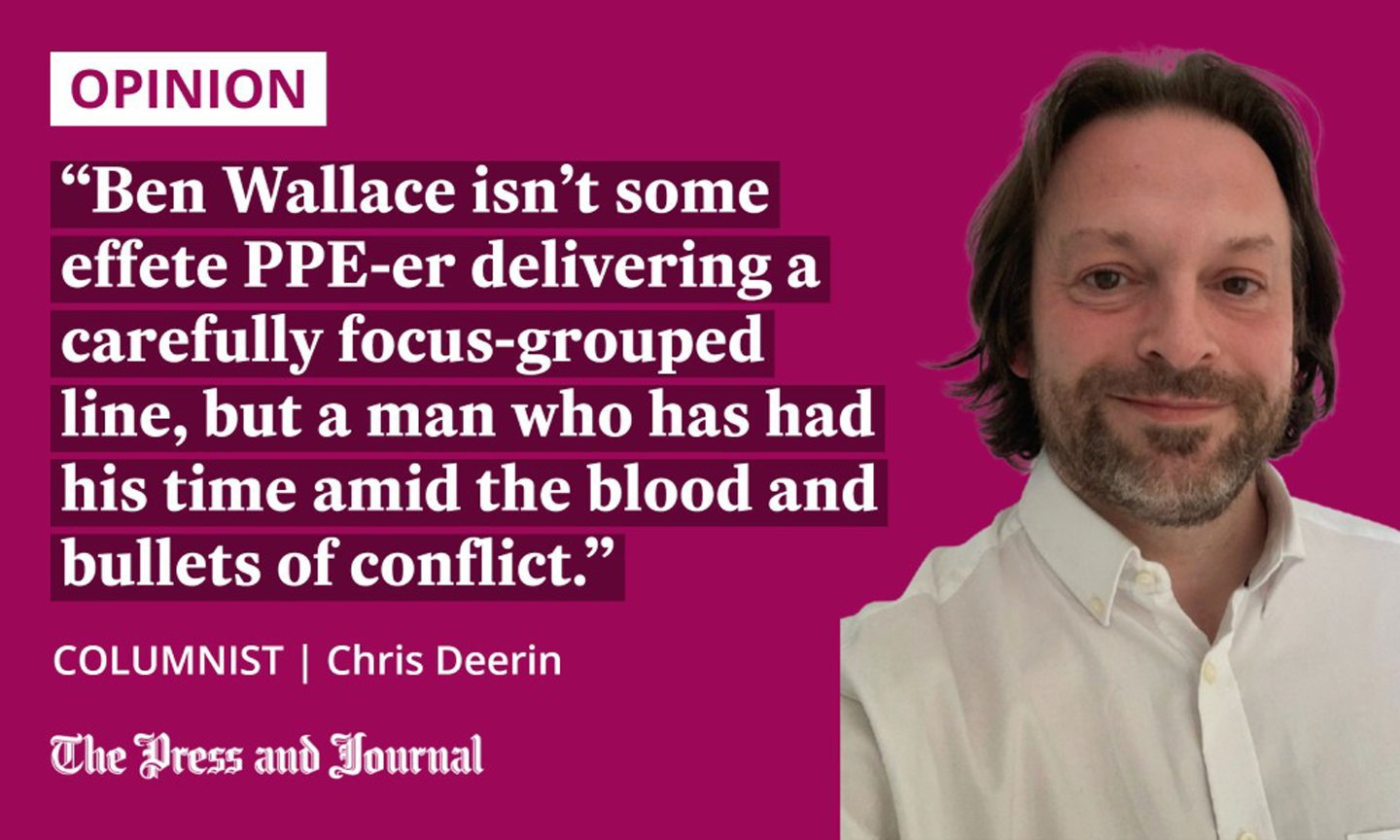
Wallace was tremendous fun, as ex-soldiers often are, and regaled me with tales of the close shaves he had experienced in Ulster, which he had clearly thoroughly enjoyed. He seemed to be approaching Holyrood in much the same spirit – up for it, amused by the prospect, and sure that what he didn’t know he’d soon learn.
The Tory ladies of the West Aberdeenshire and Kincardine constituency association, for which he was standing, were unsurprisingly charmed and had, he blushingly admitted, nicknamed him “Captain Fantastic”.
Acting with aplomb, determination and dignity
If I claim it was clear from that lunch that Wallace would one day be a respected defence secretary and even tipped as a possible prime minister, I’d be lying. I was as charmed as the ladies of West Aberdeenshire, but I didn’t detect any great intellectual depth or any of the rat-like cunning usually required to clamber up the greasy poll of politics. If pushed, I’d have predicted a steady if perhaps undistinguished career as a lavishly-bellied Tory backbencher.
And, yet, here we are. Today, Wallace, having long since made the hop from Edinburgh to London, is among the most senior and influential members of the Westminster Conservative Party, and, as defence secretary, is at the sharp end of Britain’s response to the Ukraine crisis. He has acted with aplomb, determination and dignity throughout – under his leadership the UK began arming the Ukrainian forces early and has continued to do so prodigiously.
In a speech on Monday at the National Army Museum, Wallace told Vladimir Putin he was “mirroring the fascism and tyranny of 70 years ago”, as the Russian president attended the annual Victory Day Parade in Red Square that marks the defeat of the Nazis.
“Let’s call out the absurdity of Russian generals – resplendent in their manicured parade uniforms and weighed down by their many medals – for being utterly complicit in Putin’s hijacking of their forebears’ proud history of defending against a ruthless invasion; of repelling fascism, of sacrificing themselves for a higher purpose,” he said.
Over the years, Wallace has shown the capacity for growth – from blushing Captain Fantastic to global-stage Putin shamer – that you often find among the most successful
That wonderful line about manicured parade uniforms weighed down by medals could only be delivered by a former military man, as could his statement that “all professional soldiers should be appalled at the behaviour of the Russian army”.
Wallace isn’t some effete PPE-er delivering a carefully focus-grouped line, but a man who has had his time amid the blood and bullets of conflict.
Wallace has shown capacity for growth
He has two qualities in particular that impress me. The first is one I regard as being among the most important in politics, and life in general. Over the years, Wallace has shown the capacity for growth – from blushing Captain Fantastic to global-stage Putin shamer – that you often find among the most successful.
This he shares with Nicola Sturgeon, who began her career as a shy, unsmiling SNP activist before flowering into the national colossus – like her or loathe her – that we see today. Something similar happened to Tony Blair.
I remember Harriet Harman talking about how Blair had seemed nothing out of the ordinary when he was first elected in 1983, and how his cohort watched open-mouthed as he suddenly took off, his abilities seemingly expanding exponentially as the months and years passed. Compare this to Boris Johnson, who seems to have been the same fully-formed butterball of bluff, ambition and opportunism since university.
We need a decent, truth-telling PM
The second quality is the ability to tell it straight. Again, Sturgeon and Blair are good at this – as we saw during the Covid crisis, it is when the first minister is at her best. (She’s at her worst when dissembling and covering up, a side we’ve seen too much of recently.) And, there’s a reason Blair’s thoughtful interventions carry such weight even today.
So extravagant are the current PM’s flaws that we can only have an improvement heading our way
Voters aren’t stupid, and can tell when they’re being lied to or spun. There’s so much mendacity in modern public life, those rare politicians who seem trustworthy and credible stand out all the more.
When Johnson is finally dragged out of 10 Downing Street, it’s likely his replacement will be of a quite different character. Each prime minister tends to be something of a reaction against their predecessor – think Blair to Brown, Brown to Cameron, Cameron to May, May to Johnson. So extravagant are the current PM’s flaws that we can only have an improvement heading our way.
Britain desperately needs the return of decency, truth-telling and moral consistency at the top. Whether that will be Ben Wallace or Keir Starmer or someone else entirely, I don’t know. But it can’t come soon enough.
Chris Deerin is a leading journalist and commentator who heads independent, non-party think tank, Reform Scotland
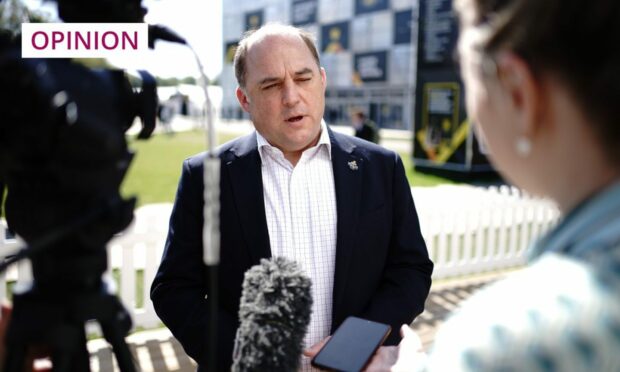
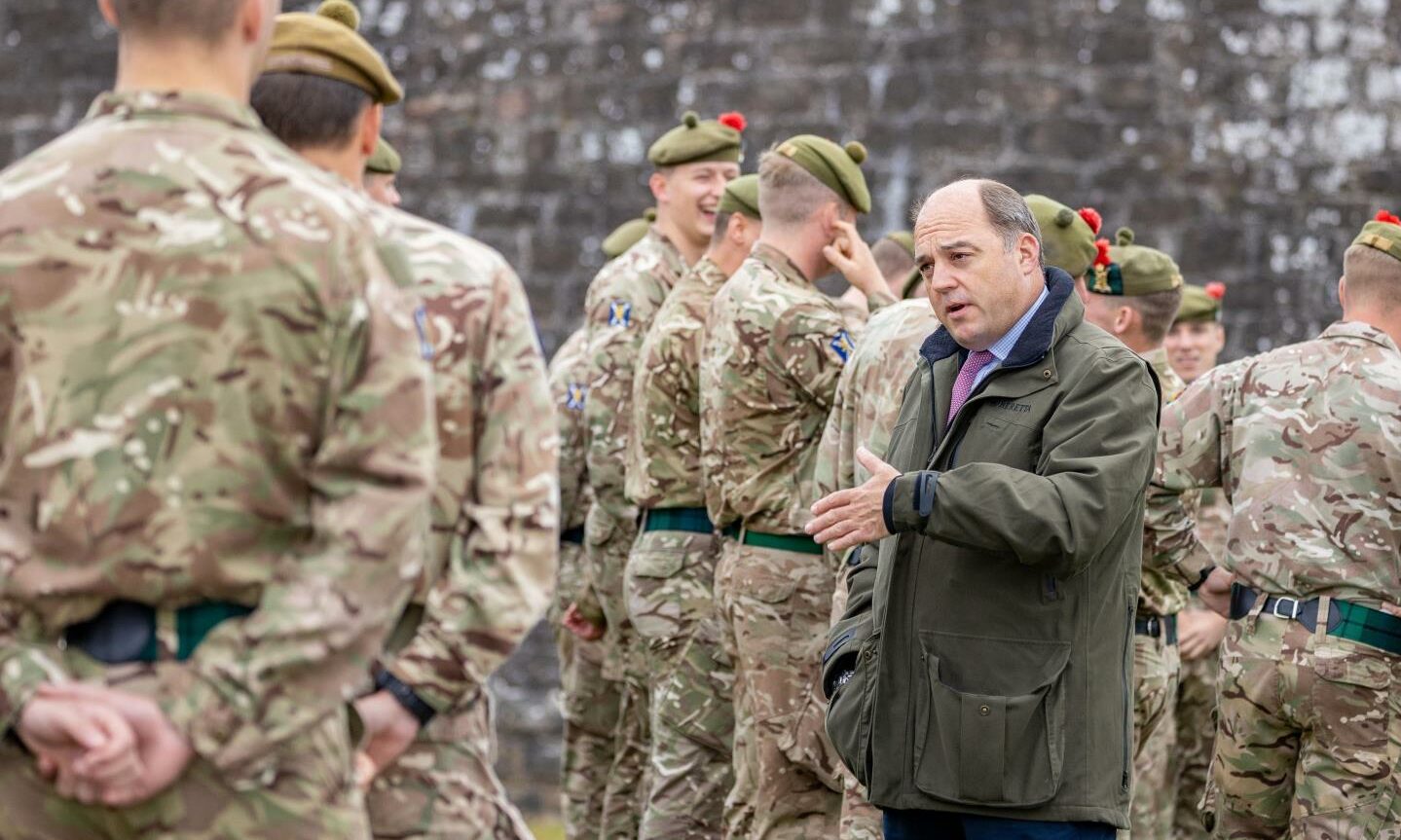
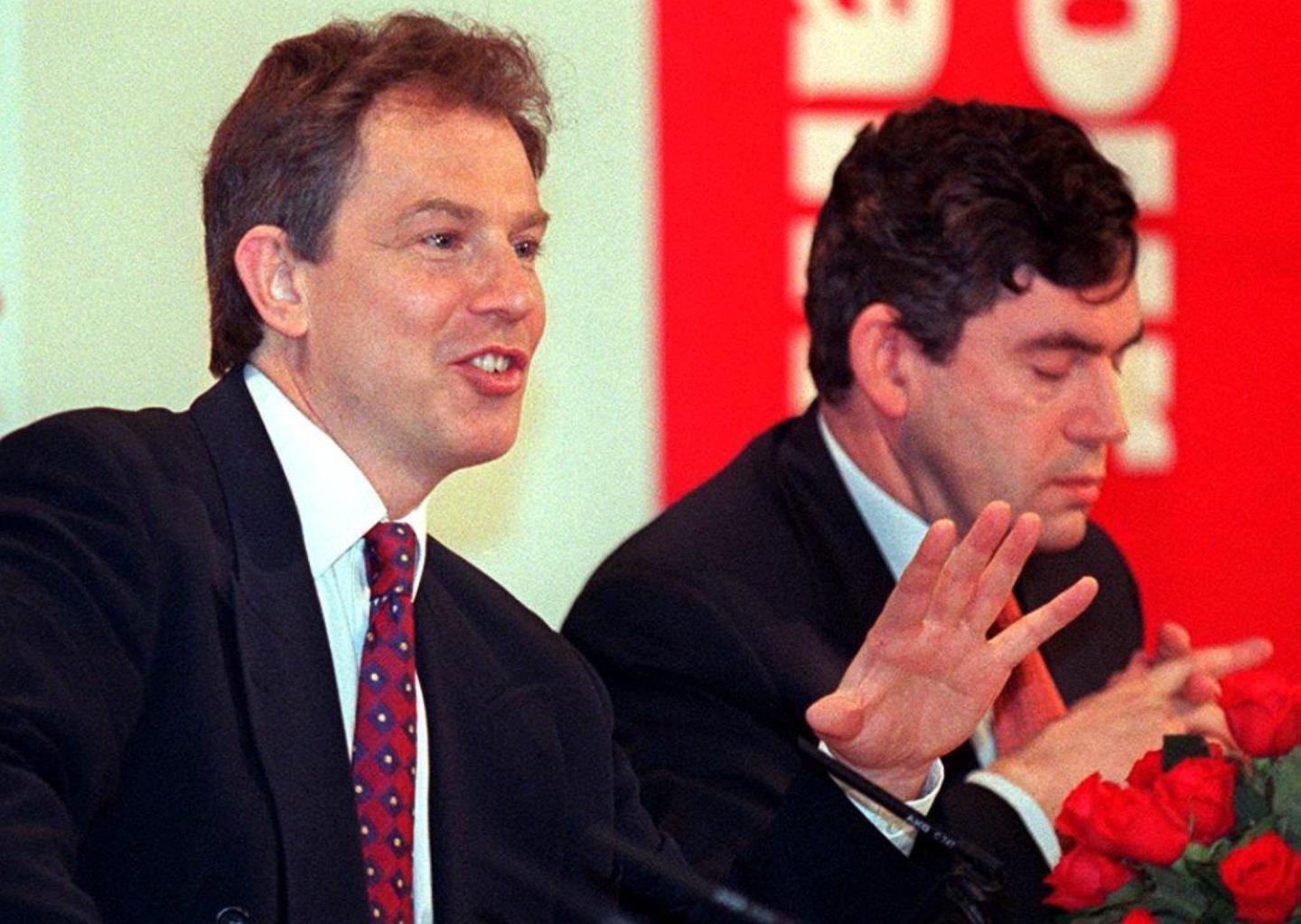
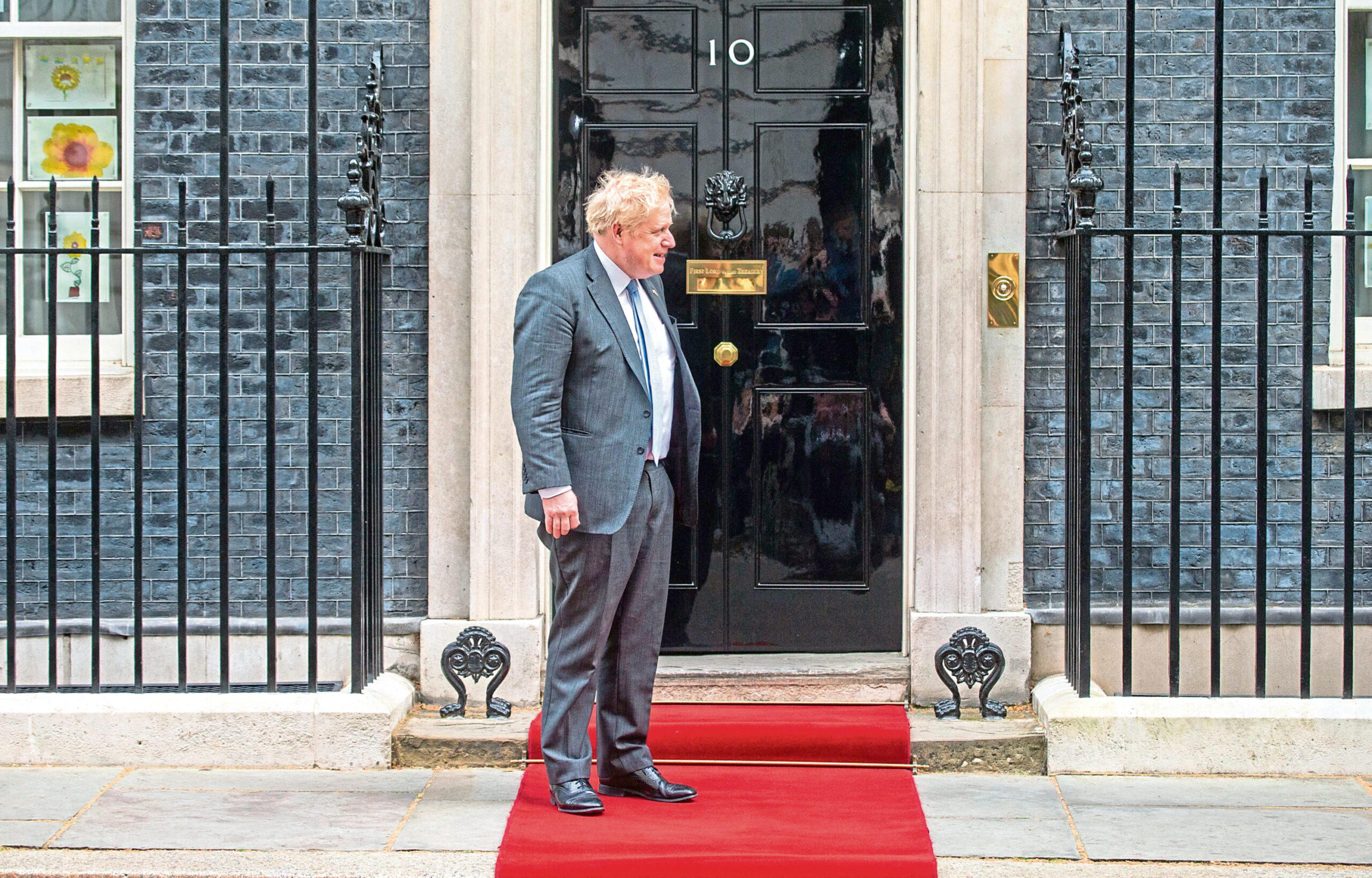
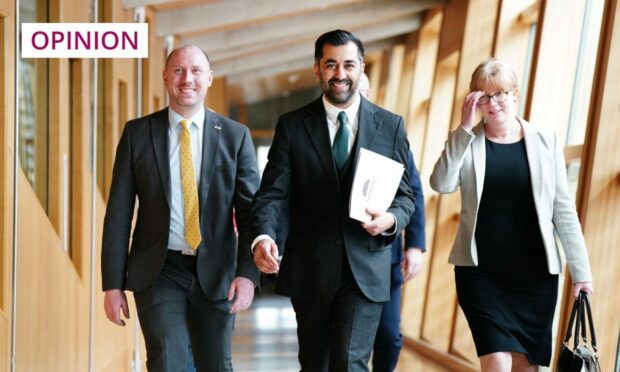


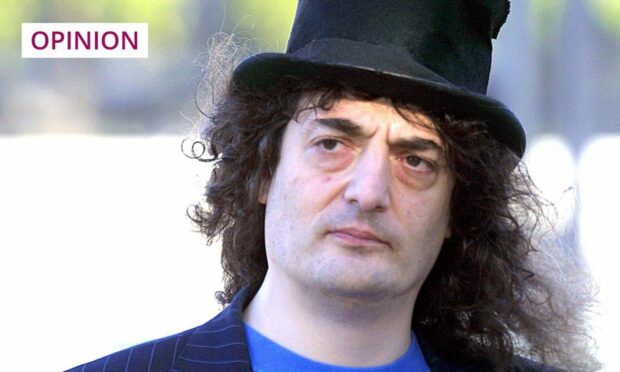
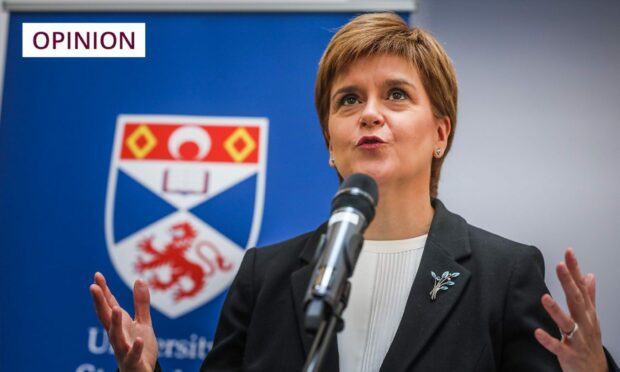
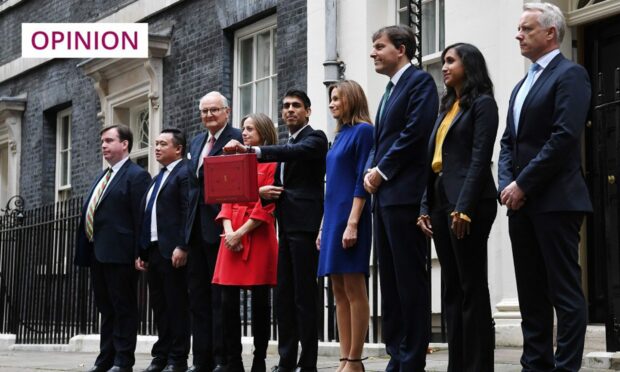
Conversation